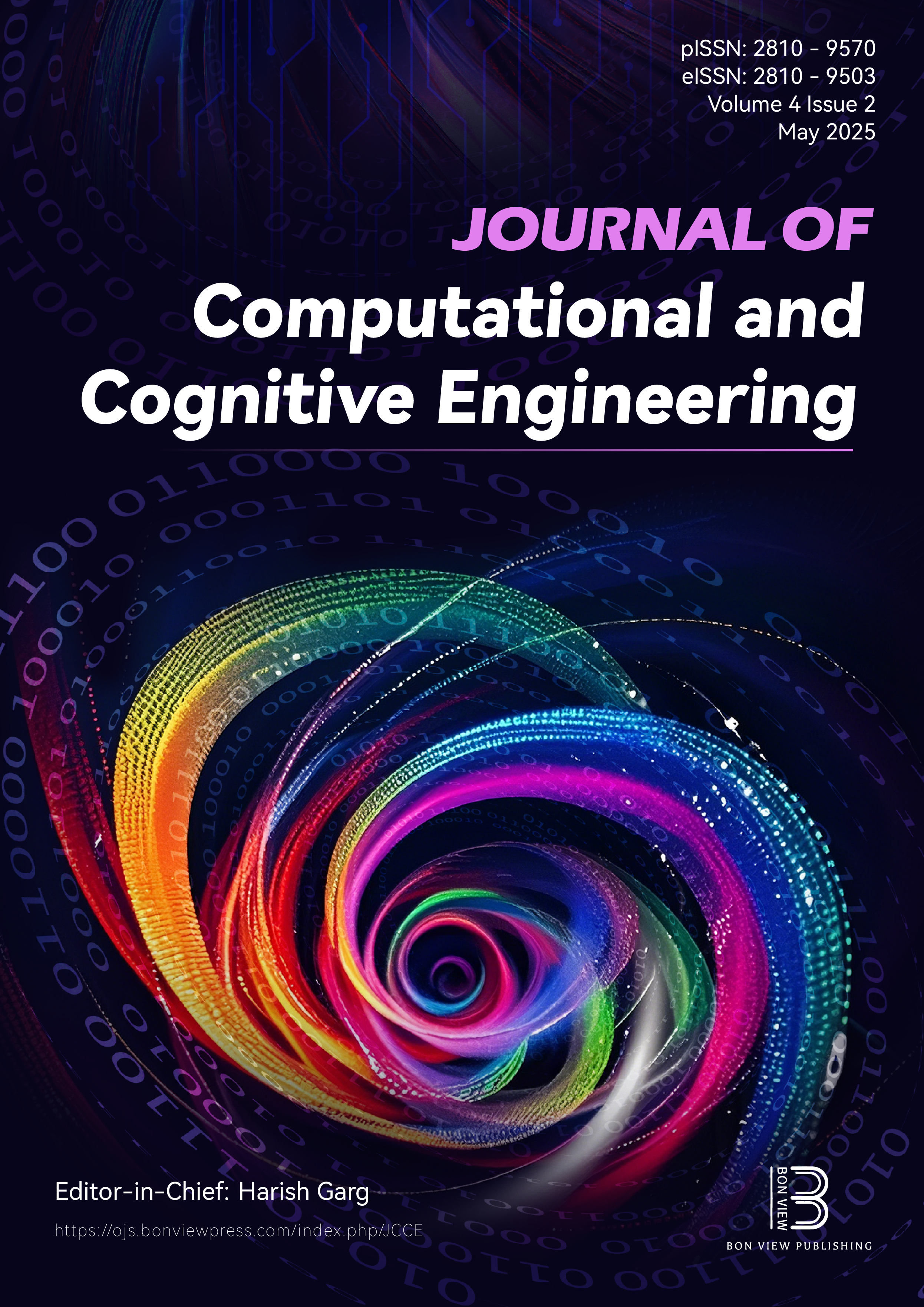Enhancing Rainwater Harvesting Sustainability in the Al-Basrah Basin, Iraq: A Two-Phased Approach Combining GIS-AHP for Site Suitability and Fog Computing for Dynamic Management
DOI:
https://doi.org/10.47852/bonviewJCCE52024444Keywords:
geographic information systems (GIS), analytical hierarchy process (AHP), multi-attribute decision-making (MADM), rainwater harvesting (RWH), fog computing, sustainable water managementAbstract
The increasing issue of water scarcity worldwide calls for research into sustainable water management solutions. Using a two-phase methodology that makes use of geographic information systems (GIS) and analytical hierarchy process (AHP) method for multi-attribute decision-making (MADM), integrated with fog computing. This study explores the potential of rainwater harvesting (RWH) in the Al-Basrah Basin, Iraq. In the first phase, weights are assigned to the evaluation attributes represented by the thematic layers (elevations, slope, river buffer, well pads/urban area, and soil texture). The results demonstrate the feasibility of the southeast region in the study area to be used for RWH. Furthermore, a comparison between AHP and the fuzzy analytic hierarchy process (FAHP), the merit of AHP to reconcile discrepancies and expedite the collection of expert opinions, reduces the problems of uncertainty and inconsistency, and improves the appropriateness assessment credibility and reliability. In addition, a novel conceptual second phase integrates fog computing for dynamic RWH management in the candidate RWH site area. At the selected RWH sites, fog nodes with sensors might be deployed to enable real-time data collection of rainfall, water quality, tank levels, and maintenance demands. Local preprocessing and analysis of data by fog nodes facilitate near-real-time decision-making for the best possible use of water resources and system health. Long-term water security in the Al-Basrah Basin may be enhanced by this strategy, which has the ability to enable informed water management.
Received: 27 September 2024 |Revised: 25 November 2024 |Accepted: 28 November 2024
Conflicts of Interest
The authors declare that they have no conflicts of interest to this work.
Data Availability Statement
Data are available on request from the corresponding author upon reasonable request.
Author Contribution Statement
Alauldeen Taher Najm: Conceptualization, Methodology, Software, Validation, Formal analysis, Investigation, Writing – original draft, Visualization. Wei-Koon Lee: Resources, Data curation, Writing – review & editing, Supervision. Abdulhussain Abdulkarim Abbas: Validation, Formal analysis, Data curation. Suzana Ramli: Writing – review & editing, Supervision.
Downloads
Published
Issue
Section
License
Copyright (c) 2025 Authors

This work is licensed under a Creative Commons Attribution 4.0 International License.


